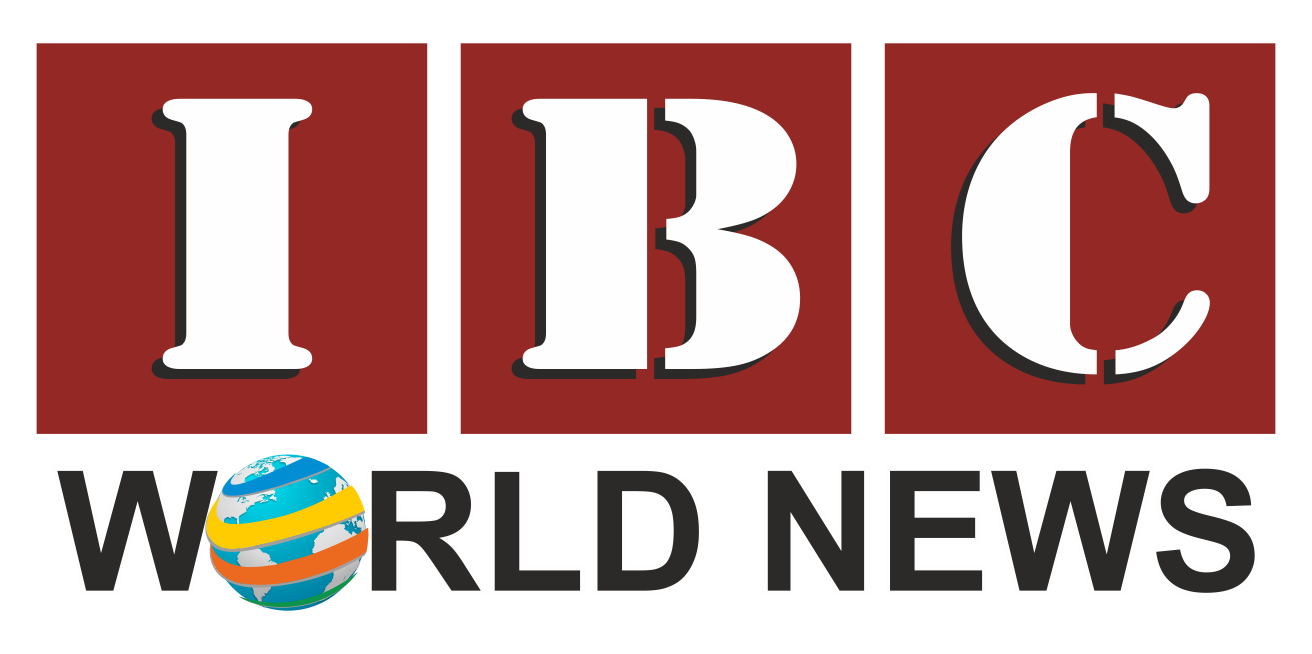The Supreme Court has dismissed a plea challenging India’s E20 petrol mandate, reaffirming the government’s ethanol blending programme.
New Delhi
The Supreme Court on Monday rejected a public interest litigation (PIL) challenging the Centre’s Ethanol Blending Programme, which mandates the sale of E20 petrol—fuel blended with 20% ethanol.
The petition, filed by advocate Akshay Malhotra, cited a 2021 NITI Aayog report, raising concerns that older vehicles may not be compatible with E20. Senior Advocate Shadan Farasat clarified that the plea did not oppose ethanol blending but requested the continued availability of ethanol-free petrol (E0) for vehicles manufactured before April 2023, as using E20 in older vehicles could reduce fuel efficiency by about six percent. The petition also noted the limited availability of alternatives like E10 or E0, potentially causing consumer inconvenience.
However, the bench, led by Chief Justice BR Gavai and Justice K Vinod Chandran, dismissed the plea, effectively upholding the government’s policy. The Centre questioned whether “outsiders” should influence fuel choices for Indian consumers and emphasized that E20 adoption supports national energy security, environmental objectives, and domestic ethanol production.
E20 petrol, a key component of India’s ethanol blending initiative, is aimed at reducing carbon emissions and fossil fuel dependence. With the Supreme Court’s ruling, the mandatory sale of E20 petrol continues without exemptions for older vehicles, reaffirming the government’s commitment to its ethanol blending programme.



